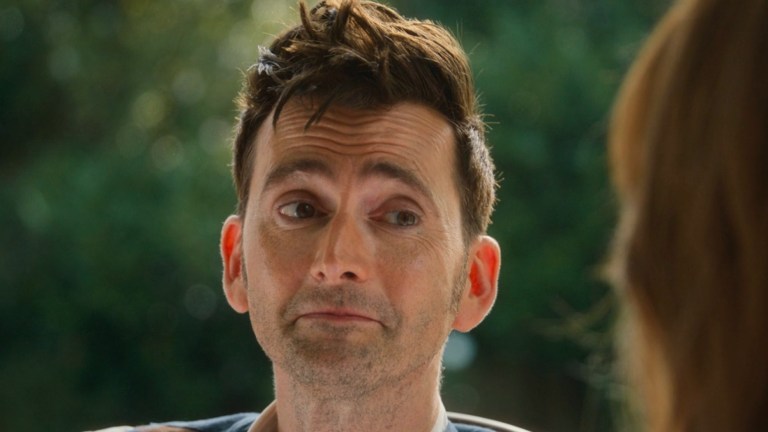It goes against everything the Doctor is.
ThisDoctor Whoarticle contains spoilers.
That is a far more controversial question this week than it was last week.

A key part of theDoctor Whomythos is that the Doctordies.
It is important thematically to the show asPeter Capaldi himself has pointed out.
As Capaldi puts it, People always ask me what is it about the show that appeals so broadly.
Happily Ever After?
Anyone who actually lived through all thatwouldbe an emotional wreck.
Yet, that is what bigeneration gives the Fourteenth Doctor.
It is the happiest ending the Doctor could hope for, and not for the first time.
Other writers have also taken on the job of trying to give the Doctor a happy ending.
In The Last Doctor, the Doctor doesnt get a happy ending as such.
Steven Moffat has had a go as well.
With his own anniversary special, he gifted the Doctor three happy endings.
First, he gave the Doctor his home planet back.
Fans are already suggesting this is the Fourteenth Doctors post-bigeneration fate.
But this is not even the first future Doctor that Steven Moffat has introduced!
And then she starts to wonder why anyone would call a moon Doctor.
That is what all these endings have in common.
The Doctor stops travelling.
He stops, he settles down.
The Russell T Davies version in particular isan escapefrom a certain preconceived notion of domesticity frankly,straightdomesticity.
Somewhere theres danger, somewhere theres injustice, and somewhere else the teas getting cold.
Come on, Ace.
Weve got work to do!